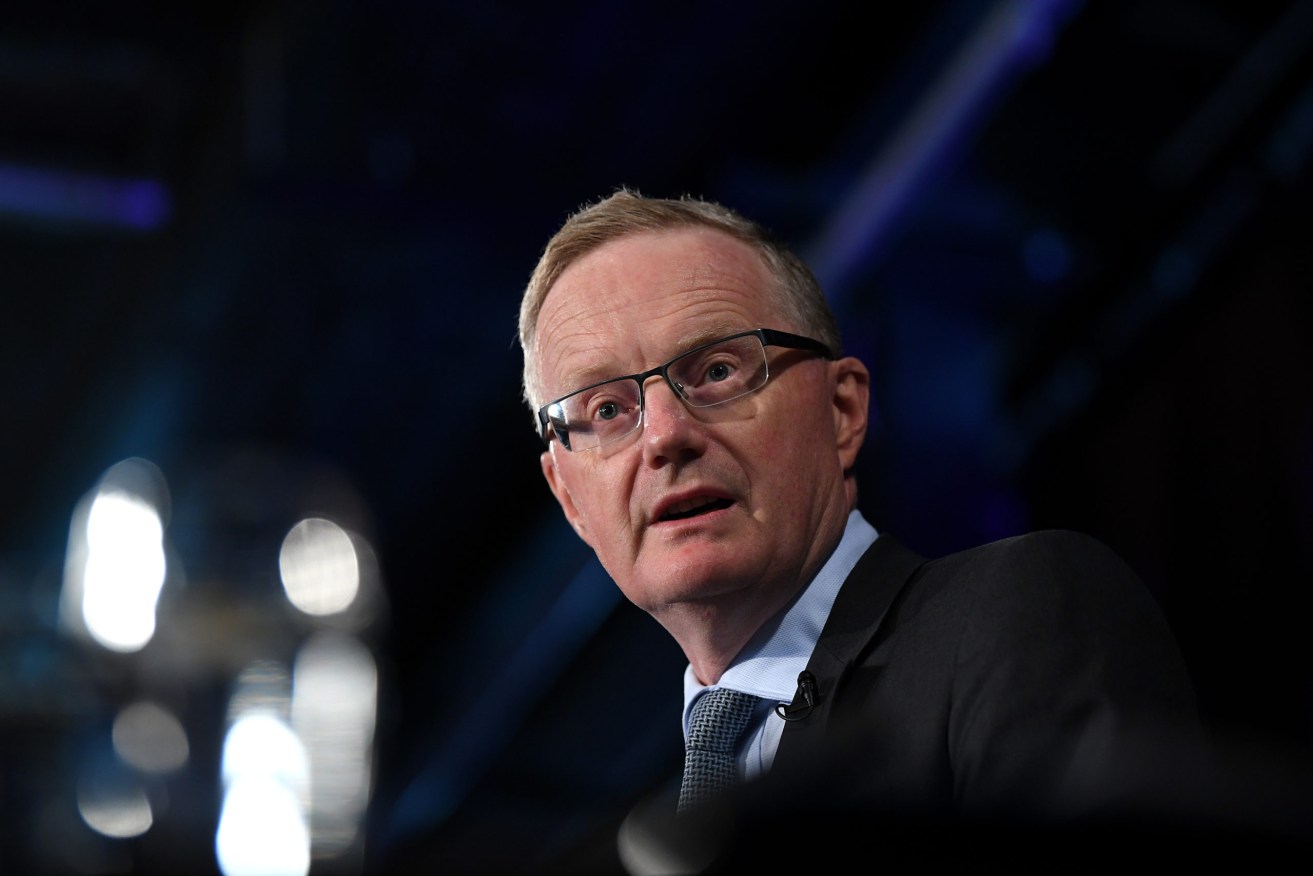No rates rise before 2024, but wage pressures emerging
Reserve Bank governor Philip Lowe is adamant interest rate hikes are unlikely to occur before 2024.

Reserve Bank Governor Philip Lowe. (Photo: AAP Image/Joel Carrett)
But there are already wage pressures emerging in parts of the economy as businesses scramble to find appropriate staff.
The official cash rate remained at 0.1 per cent following Tuesday’s monthly RBA board meeting.
“It is unlikely the cash rate will be increased before 2024,” Lowe told reporters after the meeting.
The board remains committed to reducing unemployment from 5.1 per cent to closer to four per cent, while wages growth of three to 3.5 per cent is also crucial to drive inflation into the two to three per cent target range.
However, a new report on Australia’s services sector found businesses were being constrained by an inability to fill positions required to maintain existing levels of activity or expand to meet higher demand.
Australian Industry Group chief executive Innes Willox said wages growth in the services sector accelerated in June and business costs continued to rise.
He said a healthy rise in new orders also pointed to strong demand over coming months.
“A key question for many businesses will be whether they can fill positions required to fill these orders,” Willox said.
The Ai Group’s performance of services index fell 3.4 points in June to 57.8, but the sector is still expanding.
A similar story of skills shortages and rising costs for building materials has also emerged in the construction sector.
Despite Lowe’s view on rates, the tide has already turned for two to three-year fixed rate mortgages.
Rate City’s Sally Tindall said there were still some rates under two per cent, but not for long.
“In a matter of months, they could be extinct,” she said.
The average mortgage holder with a $500,000 loan fixed for two years at 1.94 per cent, could see that rate almost double when it expires, which would increase monthly repayments by close to $400.
The central bank is also wary of the already high level of household debt and rising property prices.
Along with the Australian Prudential Regulation Authority, the RBA board is carefully monitoring the housing market, credit growth and lending standards.
“What neither APRA nor the Reserve Bank want to see is credit growing too quickly relative to people’s incomes,” Dr Lowe said.












